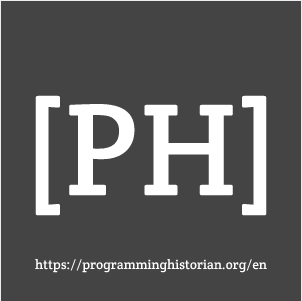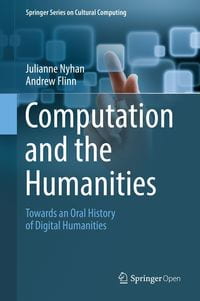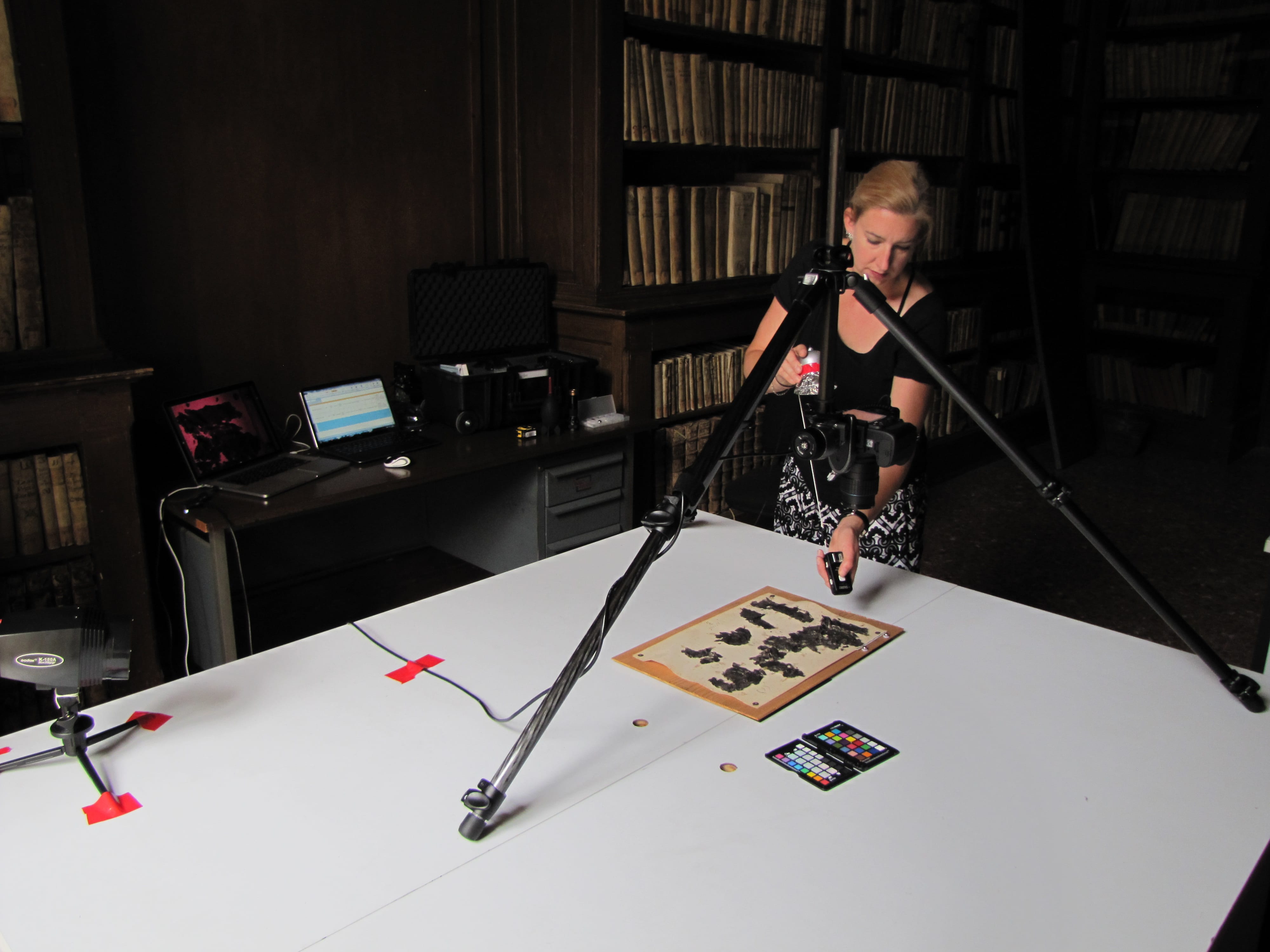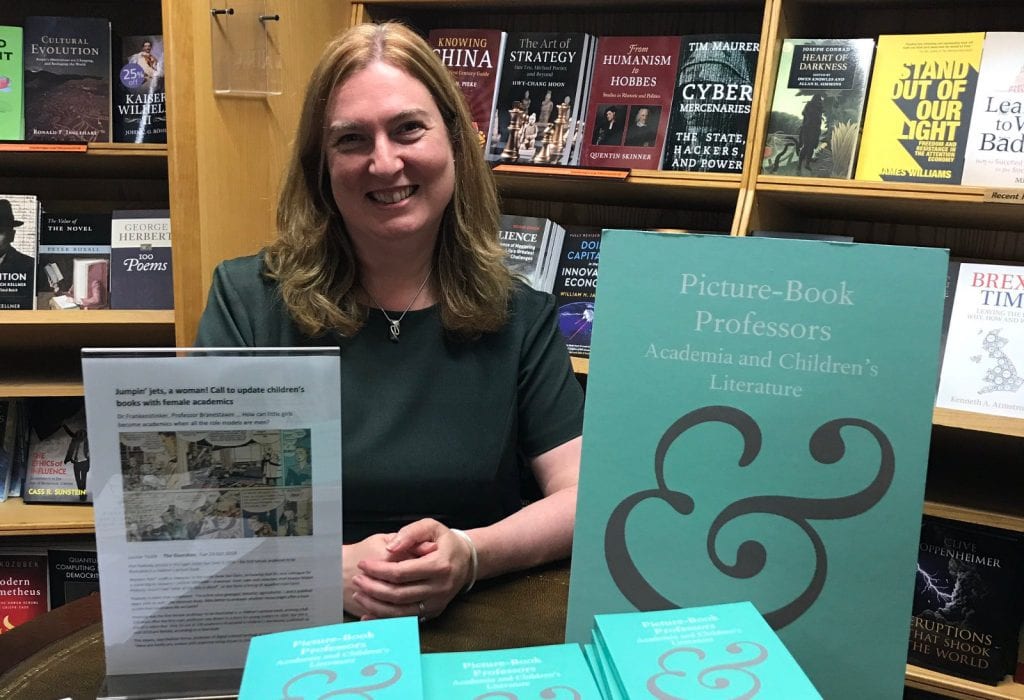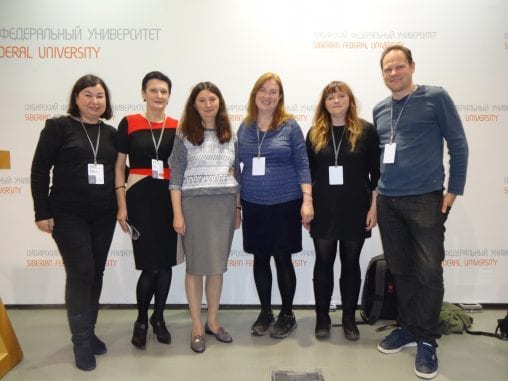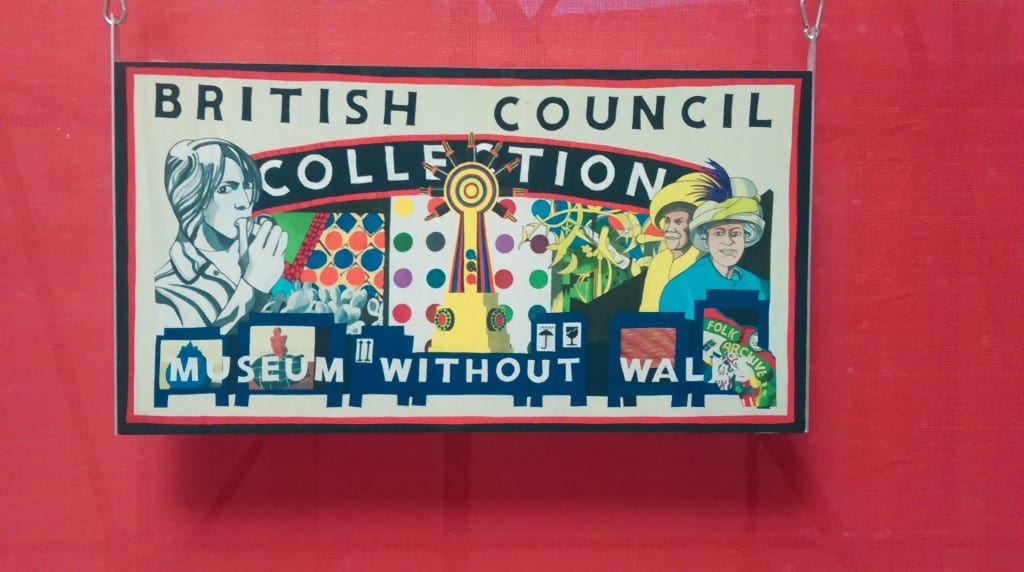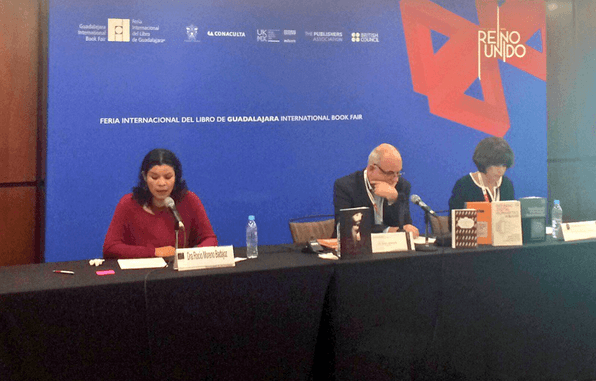Published on behalf of Hannah Smyth. This post introduces a book chapter co-authored by myself, Julianne Nyhan, and Andrew Flinn. It was published as part of the Routledge Handbook of Research Methods in Digital Humanities in August 2020 and edited by Kristen Schuster and Stuart Dunn (Kings College London). This edited volume seeks to address collaboration and inter-/intra-disciplinarity in DH through different perspectives on method (Dunn and Schuster, 2020). Our contribution – ‘Opening the “black box” of digital cultural heritage processes: feminist digital humanities and critical heritage studies’ – is placed within the theme: remediation and transmission. We the authors are members of the international research consortium ‘Critical Heritage and the Future of Europe’ (CHEurope) and its sub-group on Digital Heritage. It is in this context that each of our perspectives and research interests came together in the chapter.
The aim of the review chapter is to highlight the resonances between Feminist Digital Humanities and Critical Heritage Studies (CHS), and to trouble the ways in which ‘method’ is instrumentalised in transformative research agendas. A clear relationship exists between digital humanities and digital cultural heritage more broadly, perhaps the most facile and wide-ranging of examples being the digitisation of heritage texts and materials. Despite this affinity, our approach also stemmed from the observation that there has been comparatively little recognition of (digital) heritage as a socially constructed phenomenon – the raison d’être of CHS – within DH (Lutz, 2017).
Intersectional feminist DH is, however, at the frontier of a flourishing critique of techno-social inequities, exemplified by recent publications such as Bodies of Information (Losh and Wernimont 2018), Algorithms of Oppression (Noble, 2018) and Data Feminism (D’Ignazio and Klein 2019). We therefore sought in this chapter to bridge these two scholarly movements that are challenging the oppressive subjectivities and epistemologies of their respective fields – predominantly white, masculine, heteronormative, Eurocentric – and their far-reaching implications.
Firstly, we introduce the state of cultural critique in the field of DH since the turn of the century that foregrounds gender (as well as race, class and sexuality) as a mode of analysis. This covers, inter alia: feminist technology studies; algorithmic, digital resource, and interface critique; digital archives; computational analysis techniques; the gender politics of certain kinds of ‘expertise’ in DH; and representation in the field.
Next we turn to ‘gender and heritage’, a perspective with a long and dispersed history at the margins (Reading, 2015;Wilson, 2018) and which is now carving out its own place in the rights-based, dissonant, and transformative worldview that is the purview of CHS. If CHS calls into question the heritage that ‘privileges old, grand, prestigious, expert approved sites, buildings and artefacts that sustain Western narratives of nation, class and science’(ACHS, 2012) feminist CHS further shatters the notion that heritage is somehow un-gendered and without consequence for how we perceive ourselves and others in the world.
Digitality has heralded novel questions, and less novel continuities, in the heritage field and which are all too familiar to the feminist DH scholars whose work underpins this chapter. Feminist DH and gender CHS share a concern with the false and learned assumptions about objectivity and neutrality, and the way that power and social roles are performed, valued and devalued through technology and heritage. We therefore thirdly suggest digital heritage as a critical bridging point between these areas of shared concern.
Lastly, and underpinning our contribution to this volume on methods is a provocation to reflect upon research approaches and methods themselves whose normative ontologies may (re)produce dynamics of power, inequity, and othering. Many taken-for-granted methodologies have their origins in, for example, colonial attitudes and practices. Digital tools and approaches (indeed professional paradigms) are more often extractive or, by their codifying nature, limit ‘authorised’ types of knowledge and interpretation. Might we reconfigure such methods for transformative ends or seek alternatives?
The final space of this chapter is given to a reflection on oral history (at its core in the feminist and social justice tradition) as an example of method that traverses both feminist DH and CHS and with which, we suggest, it is conceptually allied. Previous oral history work carried out by Julianne and Andrew has uncovered hidden and gendered histories of the digital humanities itself, and the feminised labour behind the pioneering work of Fr. Robert Busa’s Index Thomisticus (Nyhan and Flinn, 2016; Nyhan, Forthcoming). Looking to the future, digital oral history presents us with many possibilities (and challenges) as yet unrealised to bring computational methods of analysis and a feminist DH lens to bear upon the spoken record of the past.
The chapter is freely available to download as a pdf from the UCLDH website
References:
D’Ignazio, Catherine, and Lauren Klein. Data Feminism. MIT Press, 2019.
Grahn, Wera, and Ross J Wilson, eds. Gender and Heritage: Performance, Place and Politics. London and New York: Routledge, 2018.
‘2012 Manifesto.’ Association of Critical Heritage Studies. Accessed August 1, 2018. http://www.criticalheritagestudies.org/history/.
Losh, Elizabeth, and Jaqueline Wernimont, eds. Bodies of Information: Intersectional Feminism and Digital Humanities. Minneapolis: University of Minnesota Press, 2018.
Lutz, S. ‘{D1G1TAL HER1TAGE}. From cultural to digital heritage,’ Hamburger Journal für Kulturanthropologie, 2018 (7) 3–23.
Noble, Safiya Umoja. Algorithms of Oppression: How Search Engines Reinforce Racism. How Search Engines Reinforce Racism. New York: New York University Press, 2018.
Nyhan, Julianne and Andrew Flinn. Computation and the Humanities: Towards an Oral History of Digital Humanities. Springer Series on Cultural Computing. Springer International Publishing, 2016.
Nyhan, Julianne. Forthcoming. Hidden and Devalued Labour in the Digital Humanities: On the Index Thomisticus Project 1954-67. Routledge.
Reading, Anna. ‘Making Feminist Heritage Work: Gender and Heritage.’ In Handbook of Contemporary Heritage Research, edited by Emma Waterton and Steve Watson, 397–413. Basingstoke: Palgrave Macmillan, 2015.
Smyth, Hannah, Julianne Nyhan, and Andrew Flinn. ‘Opening the “black box” of digital cultural heritage processes: feminist digital humanities and critical heritage studies.’ In Routledge International Handbook of Research Methods in Digital Humanities, edited by. Kristen Schuster and Stuart Dunn, 295–308. Routledge, 2020.
 Close
Close



